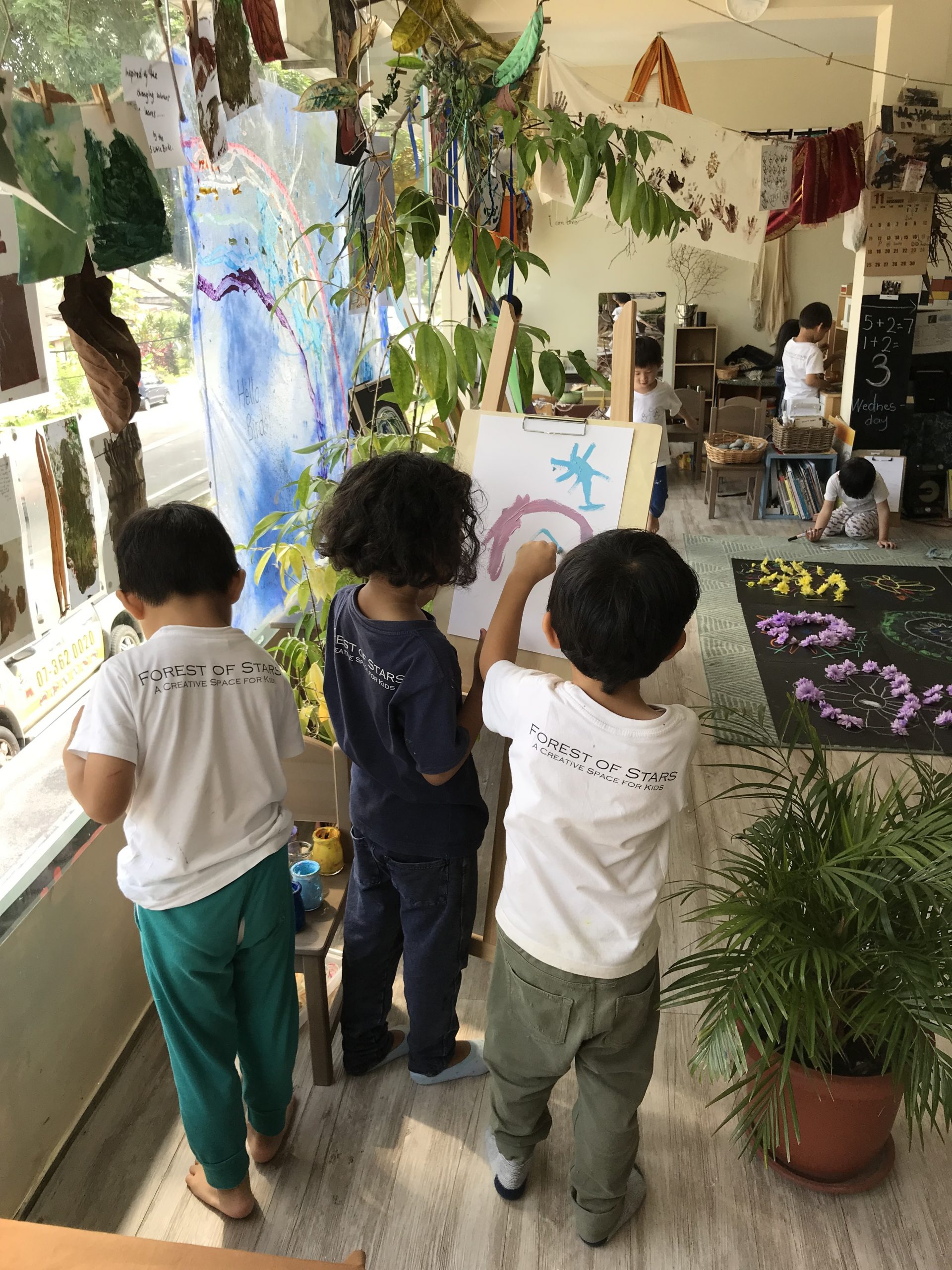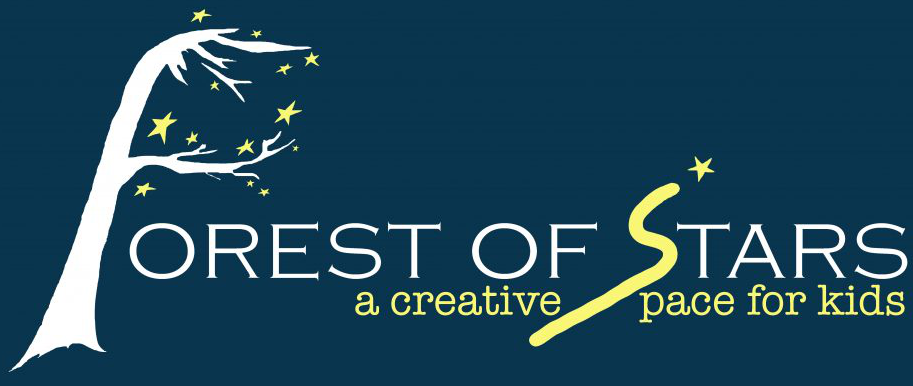Reggio Emilia is a city in Italy recognised worldwide for its innovative approach to education. It’s signature educational philosophy, the Reggio Emilia Approach, was developed by Loris Malaguzzi along with researchers, educators and the parents of Reggio Emilia, on the basis that it is in the early years of development that children are forming who they are as individuals. This led to the creation of an Early Childhood programme based on children’s rights as active citizens and an immense respect for the capabilities of children, with a strong focus on community, through self-directed exploration and discovery in relationship-driven environments.
The Reggio Emilia Approach has been adopted by schools all around the world. It is based on the following sets of principles:
The children:
–Are active participants in learning and must have some control over the direction of learning
-Must be able to learn through experiences of touching, moving, listening, seeing, and hearing
-Must have endless ways and opportunities to express themselves.
-Have a relationship with other children and with material items in the environment.
-The environment is the third educator.
-The teacher, parent and child are collaborators in the process of learning.
-Learning is made visible.


